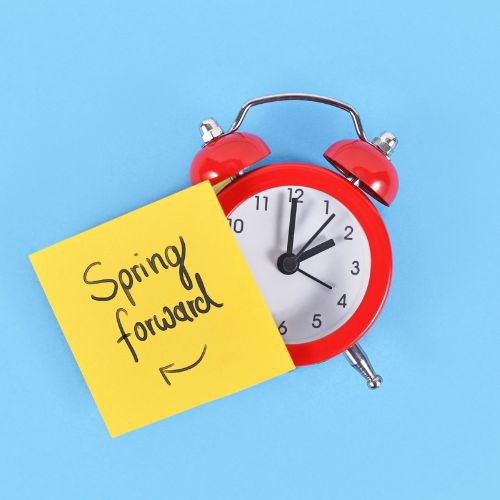
The “Spring Forward” to Daylight Saving Time may have led to a groggy Monday for many, but National Religious Broadcasters is again using the opportunity to tell legislators to wake up on a proposed law to make DST permanent, saying it would have harmful implications for AM radio.
The world’s largest association of Christian communicators is protesting the Sunshine Protection Act, saying the nature of AM radio wave transmission, which changes from day to night, necessitates that stations adhere to FCC regulations requiring power reductions after dark to prevent signal interference. NRB argues the “morning drive” daypart between 6a and 10a is critical for audience reach and advertising income.
Should DST become permanent, AM stations would face reduced power and signal strength during the early hours up to 8a in the winter months, impacting listener numbers and revenue. NRB says this potential change adds to the hurdles AM broadcasters already confront, such as their exclusion from some new electric vehicle models.
With more than 120 AM stations among its members, the National Religious Broadcasters represents a body that values AM radio’s vital role in community service. An integral part of the AM For Every Vehicle Act is how AM stations are integral for delivering news, traffic updates, sports, talk shows, religious content, and emergency communications.
While there is perennial backing for adjusting timekeeping practices, historical attempts at permanent DST have been unpopular and problematic. The implications of such a change on sectors like radio broadcasting and the associated safety concerns, given the darker morning commutes, will likely continue to undergo examination.






I really doubt it makes a ‘huge’ difference. Several of the local AM’s I grew up with were 5KW day 1KW night. We listened to them for school and business closures on snowy dark mornings in the winter while they were still on low power. People who can only get the station when on high power ‘day’ mode probably listen to someone else anyway. I think the argument is lame at best!!